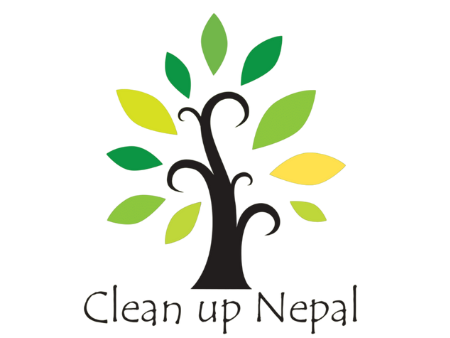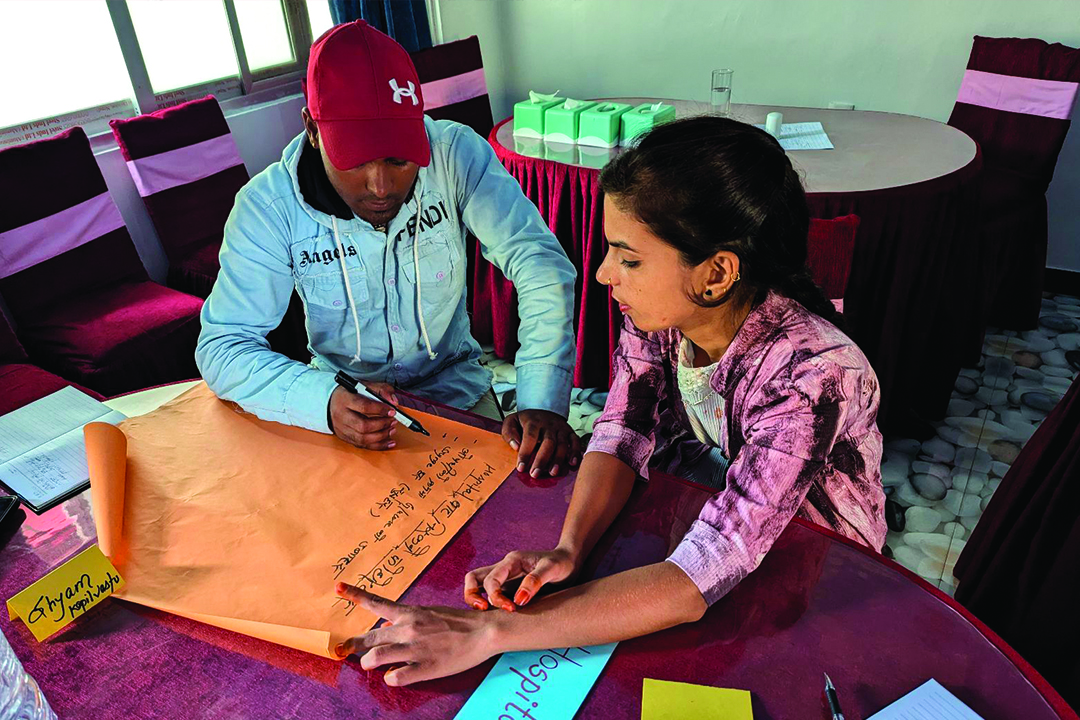Zero Waste at Schools (ZWAS) Orientation
As part of the Intersectional Green Futures: Advancing Climate Justice for All project, supported by the IM Swedish Development Partner, the Zero Waste at Schools (ZWAS) orientation was successfully conducted on August 21-22, 2024, in Ghorahi Sub-Metropolitan, Dang district. Six trainers received in-depth instruction on sustainable waste management practices and will now implement these programs in five community schools across the Dang, Salyan, and Kapilvastu districts.
With this training, the schools are set to become models for sustainable waste practices, helping to instill eco-friendly habits in students and communities alike. Through innovative technology, collaboration, and education, we are advancing towards a greener, cleaner, and more sustainable future for Nepal. Let’s continue to work together to achieve lasting environmental change!

